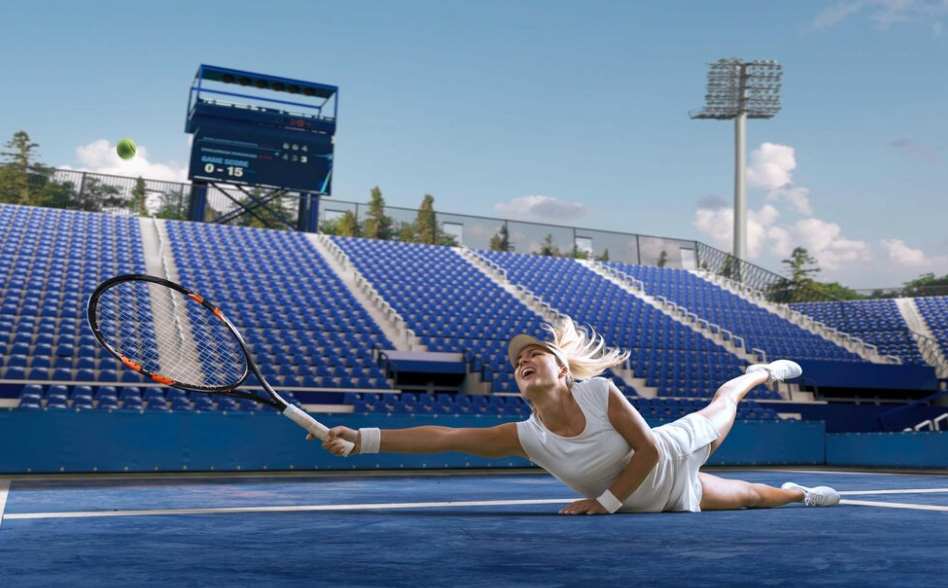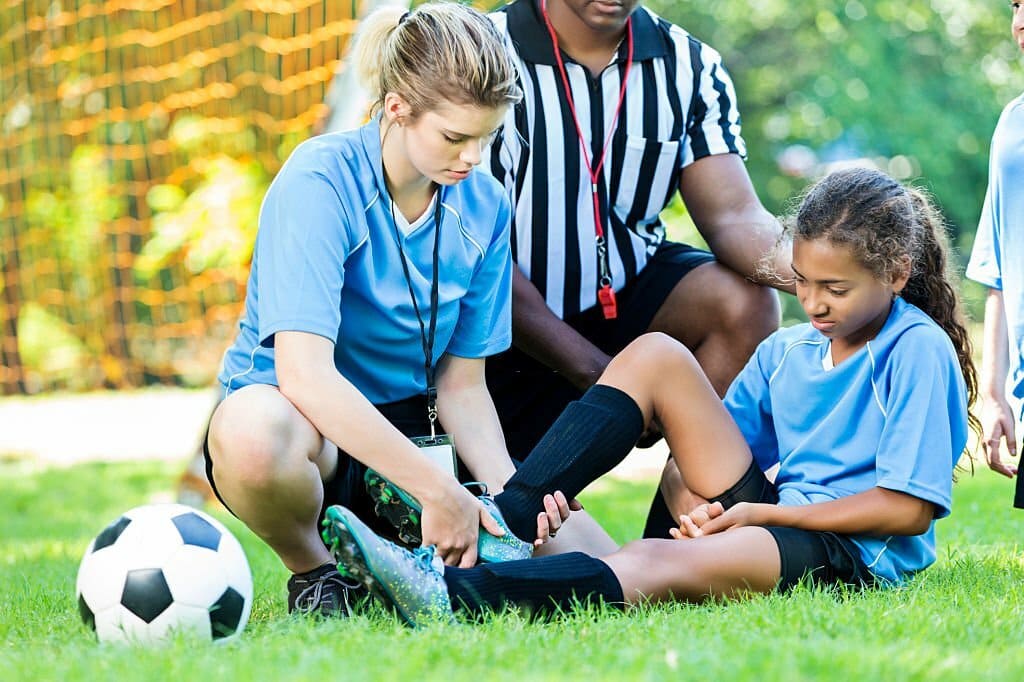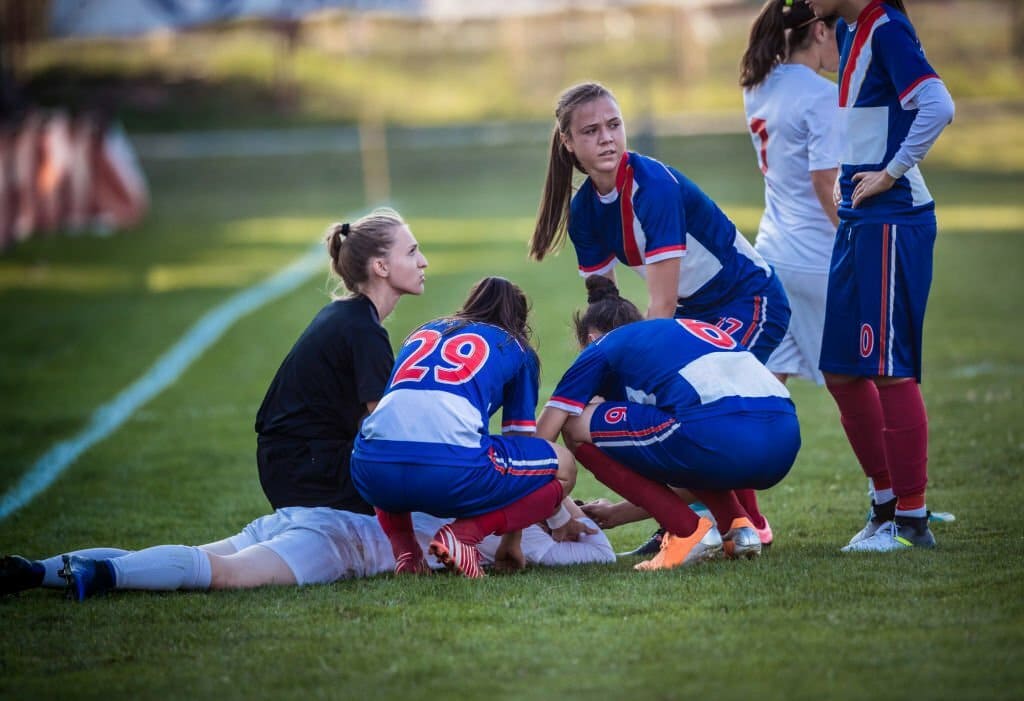In the world of sports, injury prevention and recovery are paramount concerns due to the physical demands athletes face. Their bodies are pushed to the limits, making them vulnerable to a range of injuries. This article explores how health and social care training plays a crucial role in both preventing injuries and aiding in athlete recovery.
By incorporating principles from aid to advanced rehabilitation techniques, sports training programs can greatly improve the overall well-being of athletes.
Understanding the Impact of Sports Injuries
Sports injuries affect athletes across disciplines. Can range from minor sprains to severe fractures. These injuries have lasting consequences due to the strain of sports and the competitive nature of athletes.
The Significance of Sports Injuries for Athletes and Teams
Sports injuries have an impact not on athletes but also, on their teams and the broader sports community.When a key player gets injured and can’t participate it has an impact, on the teams dynamics, performance and overall morale. It also brings consequences for teams and organizations especially when star athletes are unable to compete.

The Importance of Health and Social Care Training
Incorporating health and social care principles into sports training programs is one of the strategies to address sports injuries. This approach involves equipping athletes, coaches and support staff with the knowledge and skills to prevent injuries and ensure a recovery when they do occur.
Understanding Health and Social Care Training in Sports
Health and social care training in sports mainly focuses on providing individuals with the skills to respond promptly and appropriately to injuries. It involves teaching aid techniques, injury assessment procedures, as well as immediate care measures.
Coaches and support staff must have an understanding of these principles to guarantee the safety of athletes during training sessions and competitions.
Specialized Training for Sports Professionals
In addition to training sports professionals, like physiotherapists and athletic trainers greatly benefit from health and social care training. This advanced training equips professionals with the knowledge and skills to create rehabilitation programs for athletes taking into account their specific needs.
By understanding the biomechanics of sports and the demands placed on athletes, these experts can develop targeted interventions to support athletes, prevent injuries, and aid in recovery. This support extends beyond physical well-being, encompassing the mental resilience required for athletes to navigate the challenges of injury.
Preventing Injuries Through Education and Awareness
Sports injuries not only affect individual athletes but cast a ripple effect on team dynamics and overall community morale. The repercussions extend beyond the physical, influencing team performance, dynamics, and even the financial landscape of sports organizations.
The Importance of Education in Preventing Injuries
Education plays a role in preventing injuries. When athletes are educated about the risks associated with their sport they are more likely to take precautions and follow safety guidelines. Additionally coaches who have an understanding of injury prevention strategies can implement measures in their training programs.
Promoting Awareness of Training Techniques
training techniques are fundamental to preventing injuries. Coaches should be well versed in designing training routines that not enhance performance but also minimize the risk of injuries. This includes recognizing the significance of warm up and down exercises incorporating strength and flexibility training well as identifying signs of overtraining.
The Impact of Nutrition on Injury Prevention
Nutrition plays a role, in health and significantly contributes to injury prevention. Athletes must provide their bodies with nutrients to support muscle recovery and reduce fatigue related injuries.
Health and social care training should include guidance, on nutrition to help athletes maintain their well being at a level.

Recovery and Rehabilitation Strategies
Recovery and rehabilitation strategies in sports encompass immediate care during the critical golden hour, personalized rehabilitation programs tailored to individual athletes, and an emphasis on addressing the often-overlooked aspect of mental health.
By integrating these strategies, the sports community aims not only to heal injuries but to ensure athletes return to their respective disciplines stronger, both physically and mentally.
Immediate Care and the Golden Hour
After an injury the first hour, commonly known as the “golden hour ” is crucial. Health and social care training highlights the significance of providing care to minimize injury severity and improve recovery chances. Basic first aid, including wound management and immobilization techniques can make a difference during this critical period.
Personalized Rehabilitation Programs for Athletes
Every athlete is unique like their injuries. Health and social care training for sports professionals involves understanding individual athlete needs and developing tailored rehabilitation programs that specifically address their injuries promoting recovery outcomes. This personalized approach ensures that athletes can safely return to their sport with a reduced risk of reinjury.
Considering Mental Health in the Recovery Process
The mental well being of athletes plays a role in the recovery journey. Injuries can be emotionally challenging, leading to stress, anxiety or even depression. Health and social care training, in sports should include components that focus on addressing athletes psychological well being by equipping them with tools to cope with the hurdles associated with injuries.
Technological Advances in Health and Social Care for Athletes
Technological advances in health and social care for athletes, from biomechanics-monitoring wearables to telemedicine solutions, have revolutionized injury prevention and recovery. These innovations provide real-time data and remote healthcare access, enabling a proactive and personalized approach to athletes’ well-being.
The Role of Technology in Injury Prevention
Technological advancements, in the realm of health and social care have greatly transformed the way athletes are taken care of. From gadgets that monitor body movements to virtual reality systems for rehabilitation technology now plays a role in boosting injury prevention methods. By utilizing real time data training programs can be customized to address needs resulting in a proactive and targeted approach to preventing injuries.

Telemedicine in Sports Healthcare
Telemedicine has emerged as a tool in sports healthcare particularly when immediate physical access to healthcare professionals is difficult. It is important for health and social care training to incorporate education on utilizing telemedicine for injury assessments, follow up consultations and ongoing monitoring of athletes well being and recovery progress.
Conclusion
To sum up, integrating health and social care training into sports programs is vital in reducing the risks of injuries and promoting recovery strategies. Whether it’s aid or advanced rehabilitation techniques the knowledge and skills gained through health and social care training contribute to creating a safer and more supportive environment for athletes.
By placing an emphasis on education utilizing training methods and harnessing the advancements in technology, the sports community can create an environment that promotes the prevention and recovery of injuries. This will ultimately guarantee the health and well being of athletes at every level.










